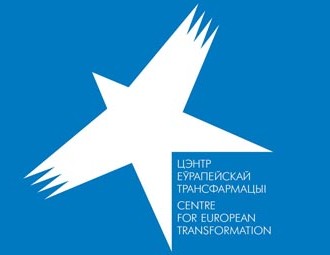The European Dialogue on Modernization: the current status and development problems

Centre for European Transformation prepared policy paper providing a rationale for the reorganization of the EU initiative European Dialogue on Modernization.
The European Dialogue on Modernization with Belarusan society (EDM) was declared on 29 March 2012 by the EU Commissioner for Enlargement and European Neighborhood Policy Štefan Füle. The initiative offers a new format of relations between Belarus and the EU in addition to the existing tools.
For the moment, it is not quite clear whether this initiative will be able to lead to real changes in Belarus and in its relations with the EU, or whether it is doomed to repeat the infaust destiny of the previous initiatives. The development of the European Dialogue on Modernization faces a problem characteristic of Belarus - the problem of the absence of coordination of Belarusan political actors’ actions. It concerns not only traditional antagonism between the authoritarian state and the democratic opposition, but antilogous keynotes inside the opposition as well. The efficiency of the EDM depends on coordinated support on the part of inner Belarusan public and political subjects and Belarusan citizens.
The factual material depicting the development of the initiative allows the author to substantiate the necessity of the convention and coordination of the position of various subjects, which is to actually set the stage for modernization reforms in Belarus (conventional modernization). Conventional modernization is contraposed to authoritarian modernization as a possible way of reforming Belarus’ economy while the current political regime is preserved. Although there are certain benefits of such modernization for the growth of the population’s well-being, the country as a whole incurs great expenses: the preservation of authoritarianism undermines the bases of Belarus’ normal development in the long view. The movement on the way of conventional modernization will require, first of all, widening the representation of Belarusan public stakeholders in the European Dialogue on Modernization. In particular, in order to increase the transformational potential of the EDM, it is proposed to eliminate the strategic laxity of this initiative and to conceptually fix the EDM development purposes and principles, to carry out a structural reorganization of the EDM and to create in addition to the expert level a special level for stakeholders’ communication, as well as to launch a wide media program aimed at promoting the ideas of the European way of modernization in Belarusan society.
Download policy paper
-
03.01
-
07.10
-
22.09
-
17.08
-
12.08
-
30.09








































